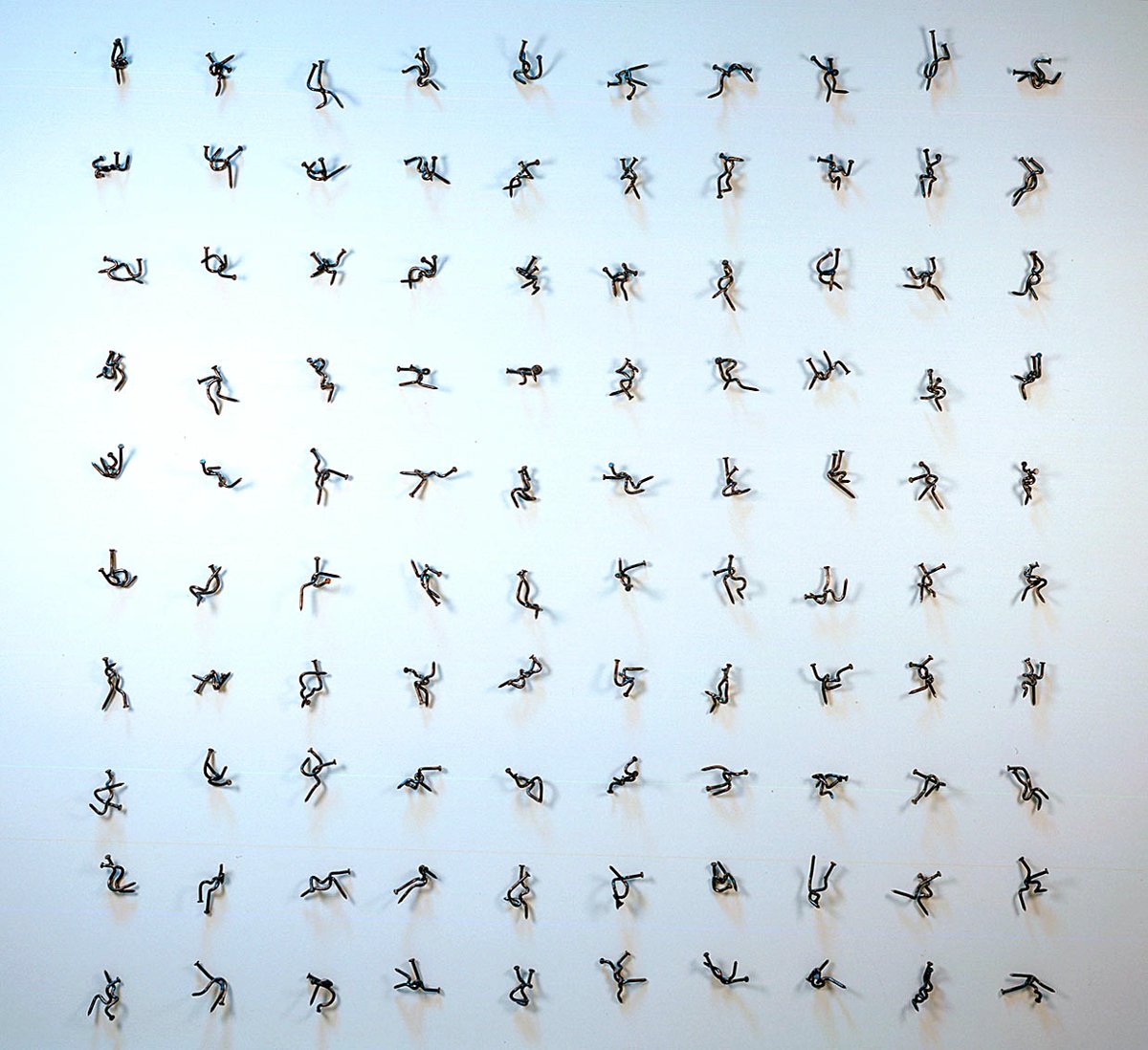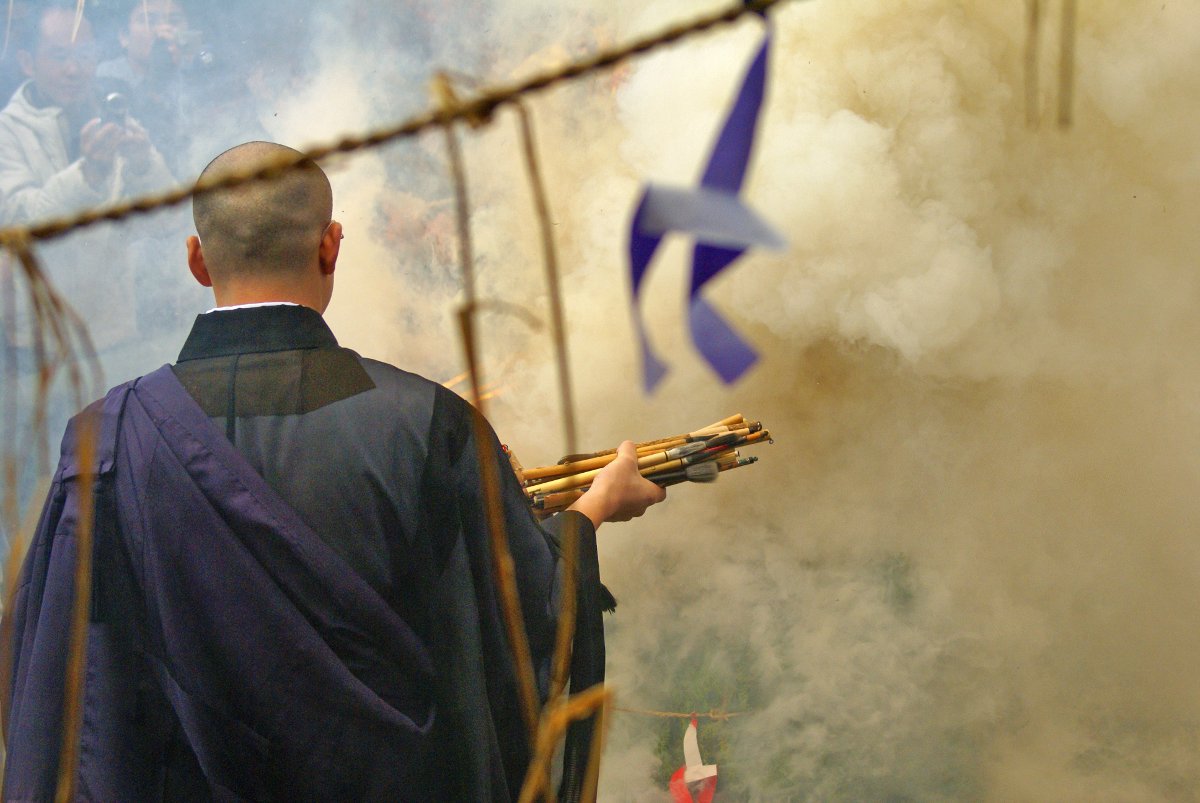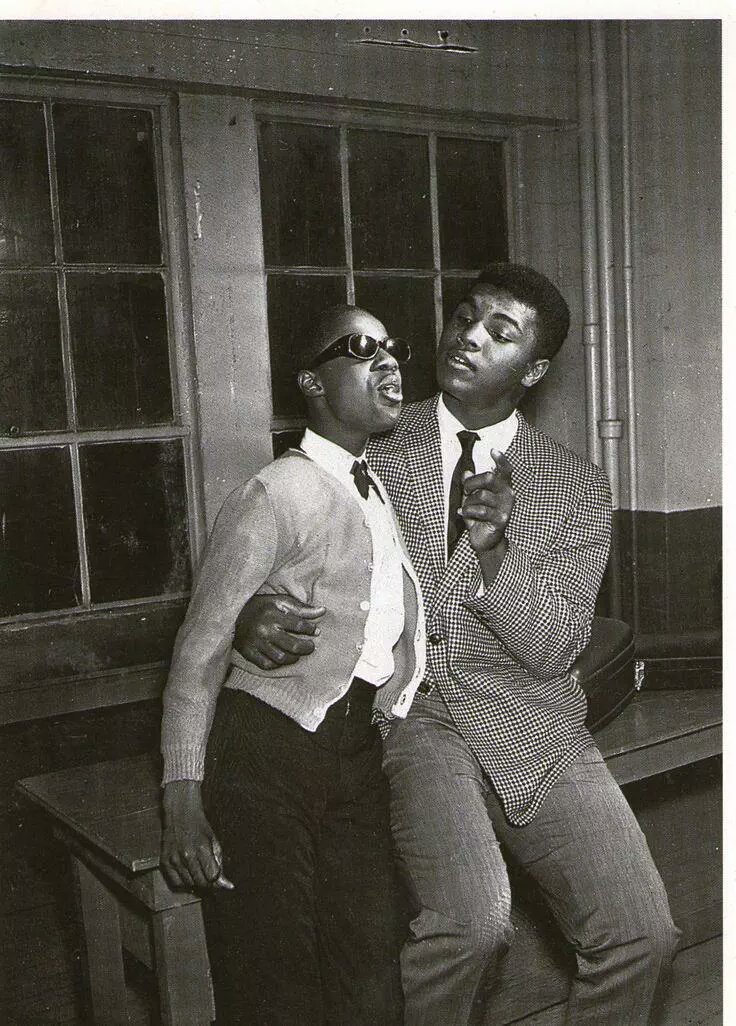I was listening to a Krista Tippett podcast on a recent 8-hour car ride. Krista was interviewing Nikki Giovanni, a world-renowned, African-American poet, activist and educator. Ms. Giovanni was discussing the poem she delivered at Virginia Tech after the horrible shooting tragedy there in which 32 innocent people were killed by a troubled loner. I was struck by the power of her words and their relevance to where we are today – particularly after Orlando and Las Vegas.
We are sad today, and we will be sad for quite a while. We are not moving on, we are embracing our mourning.
We are Virginia Tech.
We are strong enough to stand tall tearlessly, we are brave enough to bend to cry, and we are sad enough to know that we must laugh again.
We are Virginia Tech.
Her poem triggered the thought that we need to find unity in the midst of our devastating dividedness and that identity can be both a comfort and a curse. The Virginia Tech community found comfort in their identification with the University and they unified to console one another after another senseless tragedy.
While identity can give us a sense of self and who we are, it can also limit our ability to see beyond boundaries and to experience the value of different cultures or life experiences. For me, over-identification can cause problems and exacerbate divisiveness.
Listening to Nikki Giovanni and reflecting on how my identity has changed over the course of my life led me to write this poem:
I refused to let who I was at 12 define who I was at 22
In my pre-teen years, I identified as an athlete
My life was physical
Playing football, basketball, swinging from ropes, digging tunnels
I felt unified with my immediate community
The world barely existed beyond the playgrounds and neighborhoodI refused to let who I was at 22 define who I was at 32
In my high school and college years, I identified as a leader
My life was clubs and organizations
Getting elected fraternity president, leading student organizations
I felt unified with my school community
I was a Trojan, I was a Bronco, I was a frat boy
The world barely existed beyond the white, campus communityI refused to let who I was at 32 define who I was at 42
In my post-Vietnam years, I identified as a rebel and provocateur
My life was counseling inmates and juvenile delinquents
Training cops, making speeches, and complaining about intellectual prostitutes
I felt unified with the outsiders and Vietnam Vets
I was a psychologist, a husband, and a father
The world had crashed into my consciousness in SaigonI refused to let who I was at 62 define who I was at 72
I left the Corporate World and re-established my company
My life was more emotional: building relationships and memories
Facilitating meetings, doing gigs, experiencing THIS
I felt unified with fellow seekers of truth
I was a writer, an advisor, and a grateful parent/grandparent
The world was possibility, promise and potentialAnd, now, I refuse to let who I am at 72 define who I will be tomorrow
I am blessed with two daughters, twin grandkids, and a loving wife
My life is becoming more spiritual: meditating, contemplating, figure-8ing
Hugging kids, hustling gigs, posting perspectives
I long to feel more unified with all who share the earth
I am a blogger, a biker, and a supporter of causes
The world is expanding and the cosmos is calling.

Yes, having an identify can give us the comfort of community unity. But narrowing that identity to smaller and smaller sub-sets of the whole can only lead to disunity and disruption. We are all part of the whole. More importantly, we are ALL part of ONE.
I am hoping that as a nation, and as a community of world citizens, we will refuse to let who we are now define who we can be tomorrow. In order to do that, we need to hold on to the identities that give us a sense of community, but we need to let go of the identities that cause disunity. Identifying as a Jihadist, a Nazi, or a White Supremacist can only lead to disaster. Even over-identification as an athlete, a leader, a rebel, a parent, a psychologist, an expert, an outsider, an executive, a Republican, a Democrat, a Christian, a loner, or an atheist blocks a feeling of unity. As I have written in many posts, I have always believed that labels limit potential. Over-identifying is simply a way of labelling ourselves and believing in self-limiting narratives that impede our growth. The question is: Are we going to shrivel up in ever-smaller worlds with an ever-increasing sense of alienation, or are we going to blossom in an ever-expanding universe?
I guess I’m hoping that our fellow citizens on our common planet will start to refuse to accept either the externally imposed or self-inflicted labels that limit our human potential. We are living in a world that bears witness to tragedies, catastrophes and terrorist events on almost a daily basis. Let me take the liberty to modify Nikki Giovanni’s poem to read:
We are sad today, and we will be sad for quite a while. We are not moving on, we are embracing our mourning.
We are citizens of the world – unified by our certain mortality and our common planet
We are strong enough to stand tall tearlessly, we are brave enough to bend to cry, and we are sad enough to know that we must laugh again.
We are citizens of the world – unified by our certain mortality and our common planet
I believe the only hope for humanity is to enlarge our identities, reduce our alienation, and broaden our sense of unity. May we fully embrace our mourning, find the strength to stand tall tearlessly, be brave enough to cry, and sad enough to know that we must laugh again in unity.
For more on this issue, read David Brooks’ recent column in the NY Times, “In Praise of Equipoise,” here.
Also published on Medium.



Love it Ricky! Thank you for being you!